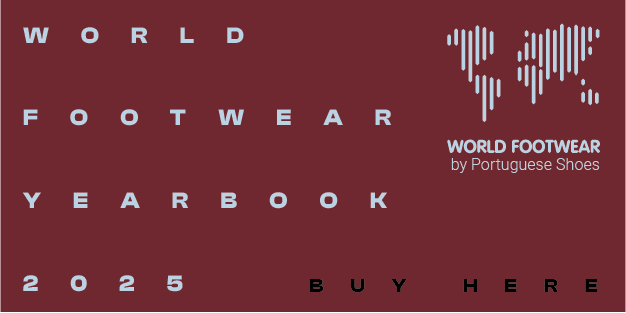Vietnam: industry faces contractual penalties and order cancellations

Several Vietnamese apparel and footwear companies have incurred contractual penalties for delivery delays this year, while facing unexpected order cancellations for 2022
According to a survey conducted by the Vietnam Textile and Apparel Association (VITAS), the Vietnam Leather, Footwear and Handbag Association (LEFASO) and a public-private partnership group in September, over 68% of the surveyed companies faced contractual penalties due to delayed service. Also, 12.2% of those inquired suffered order cancellations and had to pay compensation for breach of contract, while 21% had orders cancelled without other demands.
Nearly half of the apparel and footwear companies participating in the survey have attributed delays in delivery to the prolonged social distancing and incremental costs in logistics and shipping fees. For example, during the strict lockdown, it took 80 days to ship goods to the US instead of the previous 40 days. In addition, when companies had their employees working from home, they had to cover further weekly expenses for each worker for allowances, meals and COVID-19 testing. Due to increased expenses, over 65% of apparel and footwear firms chose to halt their operations and September.
Currently, mainly in the southern regions, concern grows over the severe shortage of workers, as many migrant workers returned to their hometowns when the lockdown restrictions were eased a few weeks ago. Nonetheless, to companies fully resume production, they must meet reopening requirements, such as testing all its on-site-workers to get them the green pass (a work permit that contains all COVID-19 related information) and incur costs that were not part of the original expense plan, like building temporary houses for workers and transportation.
This scenario was confirmed by Duong Lee from LEFASO: “As 80% of factories closed during the period June-September, the manufacturers could not fulfil the orders and faced order cancelations and contractual penalties. From October onwards, the factories regain production, but are now facing lack of labour, as many workers didn’t come back from their hometowns, to where they moved during the lockdowns. By now, footwear production is at about 70-80% normal production, and we hope Vietnam’s footwear industry can regain same export momentum”
Image credits: by Leon Seibert on Unsplash


















